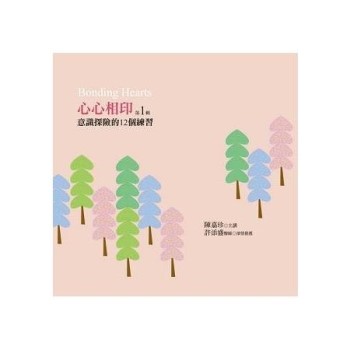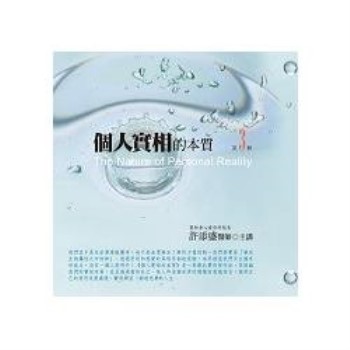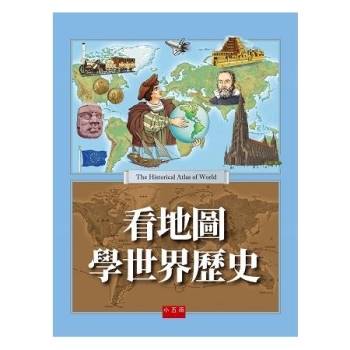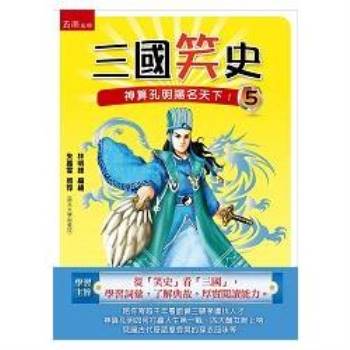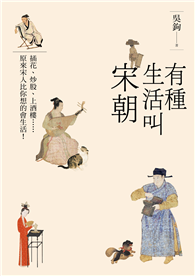| FindBook |
有 5 項符合
英文單字小學堂:數學好好玩篇(附MP3)的圖書 |
| 圖書選購 |
| 型式 | 價格 | 供應商 | 所屬目錄 | 二手書 |
$ 210 |
二手中文書 |
$ 236 |
英文 |
$ 254 |
語言 |
$ 263 |
英文 |
$ 263 |
英文 |
|---|
| 圖書館借閱 |
| 國家圖書館 | 全國圖書書目資訊網 | 國立公共資訊圖書館 | 電子書服務平台 | MetaCat 跨館整合查詢 |
| 臺北市立圖書館 | 新北市立圖書館 | 基隆市公共圖書館 | 桃園市立圖書館 | 新竹縣公共圖書館 |
| 苗栗縣立圖書館 | 臺中市立圖書館 | 彰化縣公共圖書館 | 南投縣文化局 | 雲林縣公共圖書館 |
| 嘉義縣圖書館 | 臺南市立圖書館 | 高雄市立圖書館 | 屏東縣公共圖書館 | 宜蘭縣公共圖書館 |
| 花蓮縣文化局 | 臺東縣文化處 |
|
|
◆三大特點:美國教育測驗中心(ETS)評選為一流學校的韓國頂尖高校學生一致推薦!
用生動有趣的圖片開啟記憶的鑰匙,相關的主題單字一次記牢!
「圖像記憶」是目前最合乎人類的大腦運作模式的記憶法,《英文單字小學堂─社會篇》附以全彩的活潑插畫,精準地表達單字意義,利用圖片引起讀者的好奇心與學習興趣;並用不同情境的插圖幫助讀者記憶,讓學習單字不再是點狀記憶,而是可以馬上聯想到其他的相關字彙。不同於坊間的填空測驗題,只是單純地用文字平鋪直述,讀者往往機械式地填出答案,久而就之,就漸漸對單字喪失敏銳度與記憶點,一但忘了就再也想不起來。《英文單字小學堂─社會篇》採用聯想式的看圖填空,依照圖片給的情境,和單字做聯結,只要遇到類似情境,單字自然而然浮現在腦海中,保證再也不會忘!
主題式編排,對具有關聯性的單字作綜合觀察
《英文單字小學堂─社會篇》收錄社會學科相關的英文字彙,不僅實用更具生活化,再依不同主題細分8大類:社區、公民、經濟、地理、歷史等等相關的人文社會字彙,一次學會!內容豐富多元,趣味十足且容易理解,利用單字間的關聯性,有系統、有效率的增加英文字彙!
你從沒聽過,學單字還可以長知識!
於每個單元的最後,介紹與各主題相關的有趣常識與各國風俗,如:各國的節日、名人小傳記、世界幣制等等,讓學單字不再是一成不變的背死書,在擴充生活實用單字的同時,也可一窺相關主題的全貌,更能激發讀者的求知慾與好奇心!
◆參考美國小學所主要使用的教材內容,與社會學科相互對照,再篩選出經常會出現的基本必備單字,並依據不同的主題來分門別類地進行整理,破除雙語教學的障礙,奠下良好的字彙能力。
雙語教學是近來國內頗盛的風氣,此一教學方式,讓學生可以在學習各科內容的同時,也一併接觸英文,是個能收一舉兩得之效的好方法。但坊間的英文單字書,卻都沒能因應此一英語教學變化,依舊讓學生制式地死背單字,使得學生的學習意願大大降低,《英文單字小學堂─社會篇》的出版動機正是要導正此觀念,用最活潑、愉快的方式,讓英文變成一種工具、一種溝通的方式,自然而然地融入生活當中。
◆利用簡單的教學步驟,聰明的編排方式,幫助你輕輕鬆鬆牢記單字!
《英文單字小學堂─社會篇》提供的教學方法,不僅僅適合雙語學校的英語老師輔助教學,更可提供補習班及家長作為課後補充教材,輕鬆增進學生的字彙量及聽力能力。增強實力4步驟step by step,單字再也不會忘!
Step 1看了就會!打開Unit Opener看著圖中的單字,與圖的情境做聯結。
Step 2聽了就會!跟著CD中的發音複誦,並瞭解單字的意義。
Step 3練了就會!用練習題與聽寫、填空,再次check是否已融會貫通。
Step 4讀了就會!加深印象,介紹精彩豐富的小常識,不僅學單字還可長知識!
單字再也不會忘!
作者簡介:
李永相◎著 許葳◎譯
【作者介紹】
■李永相
畢業自高麗大學英語教育學系,曾任首爾永登浦區的長薰高中英語教師一職。1985年時,獲得美國北卡羅來納州立大學格林史寶拉分校〈University of North Carolina─Greensboro〉社會學碩士學位。其後於1987~1993年之間,在芝加哥大學〈University of Chicago〉攻讀社會學博士課程。1994年回國後,在Pagoda外語補習班教授英文會話,同時也在Screen英語擔任過英文講師,現為民族史觀高中英語教師,不斷為了英語教育而奉獻努力。並兼任民族史觀高中教務主任,國際領袖活動指導〈GLPS(Global Leadership Program)Director〉,校內國際組代表顧問。
【譯者介紹】
■許 葳
現為國立政治大學韓國語文學系四年級生,韓國慶熙大學交換學生,曾任雜誌社筆譯、遊戲公司翻譯、中韓口譯,目前為兼職筆譯。
Social Studies Skills社會學習方法
alike (adj.) 相似的
How things are the same.
事物之間的相同之處。
These houses look alike.
這些房子看起來都很像。
different (adj.) 不同的
How things are not the same.
事物之間的不同之處。
Many different kinds of homes are in my neighborhood.
我們社區有很多不同種類的房子。
fact (n.) 事實
Anything that people know is true.
任何人們已知的真實情況。
I need to know facts.
我需要瞭解真相。
main idea 主題
The most important thing that tells you what...
Social Studies Skills
16 Unit Opener
18 Vocabulary
26 Unit Review
30 Remember?
32 Cooldown Section
Unit 2. 社區—我要搬到新的社區了
Our Community
34 Unit Opener
36 Vocabulary
42 Unit Review
46 Remember?
48 Cooldown Section
Unit 3. 城市與公民—我是城市小尖兵
Citizenship
50 Unit Opener
52 Vocabulary
58 Unit Review
62 Remember?
64 Cooldown Section
Unit 4. 國家體制—我可以投票了嗎?
Government
66 Unit Opener
68 Vocabulary
76 Unit Review
80 Remember?
82 Cooldovvn S...
- 作者: 李永相 譯者: 許葳
- 出版社: 凱信 出版日期:2009-04-28 ISBN/ISSN:9789866615160
- 頁數:194頁
- 類別: 中文書> 語言> 英文
|

